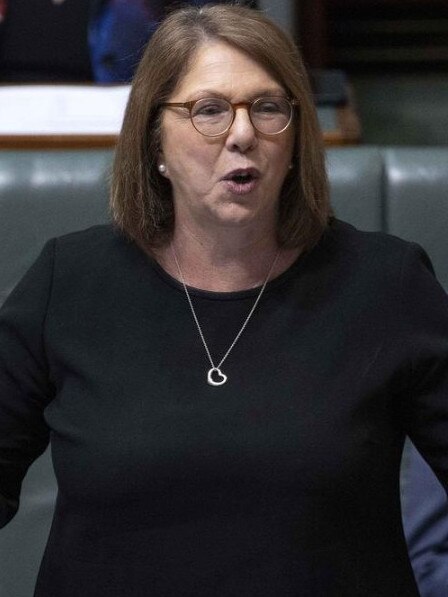Jet Zero Council swings into action targeting a greener airline industry
After years of inaction, moves are finally being made to produce sustainable aviation fuel in Australia, putting airlines on a path to a greener future.
Australia has finally joined the global push to eliminate carbon emissions from the airline industry with the establishment of a Jet Zero Council, plus $30m towards the production of sustainable aviation fuel.
Transport Minister Catherine King will chair the council, which will be made up of airline and airport representatives plus fuel companies, the CSIRO, aircraft manufacturers and Defence.
Qantas has led the push to develop a local SAF industry, actively lobbying government for years to take action, and targeting net zero emissions for its own operations by 2050.
The airline’s chief sustainability officer Andrew Parker said there was a big opportunity for Australia to be a leader in the production of sustainable aviation fuel (SAF).
“SAF is the most significant tool airlines currently have to reduce their emissions, particularly given it can be used in today’s engines and fuel delivery infrastructure with no modifications,” Mr Parker said.
“These (government) initiatives are a significant step in the right direction and we look forward to playing our part to help the entire sector accelerate its shift away from fossil fuels.”

He said Qantas had set up its own $400m climate fund, to support projects that would advance the production of SAF in Australia.
A mammoth 450 billion litres is needed to power airlines worldwide with current global SAF production amounting to less than 0.1 per cent of aviation fuel needs.
None was produced in Australia although BP hoped to have the country’s first biorefinery operating in 2026 at Kwinana in Perth.
Virgin Australia was also committed to net zero emissions by 2050 and chief sustainability officer Christian Bennett said they were honoured to be part of the council.
“Collaboration between industry and government is essential to establishing commercially viable SAF production in Australia and achieving our collective emissions reduction targets,” Mr Bennett said.
Brisbane Airport CEO Gert-Jan de Graaff was named as the council’s sole airport representative in its inaugural year, in a nod to the gateway’s status as a sustainability leader.
He said aviation accounted for 2 to 3 per cent of global emissions which SAF could help reduce “right now”.
“Not only does Brisbane Airport want a cleaner and greener aviation industry but we know many passengers do too, along with our airline partners,” Mr de Graaff said.
Bioenergy Australia CEO Shahana McKenzie said the Jet Zero Council would be starting from behind but its establishment was a crucial step forward.
She was hopeful the council would foster “frank and fearless discussion” that would see investment and development of a SAF industry fast-tracked.
“This government is moving quickly to ensure that Australia isn’t left behind in the global acceleration of renewable fuels,” Ms McKenzie said.
“The development of a SAF industry could contribute an additional 8000 jobs and $3bn in additional GDP per annum, not to mention the fuel security and regional development
opportunities.”







To join the conversation, please log in. Don't have an account? Register
Join the conversation, you are commenting as Logout